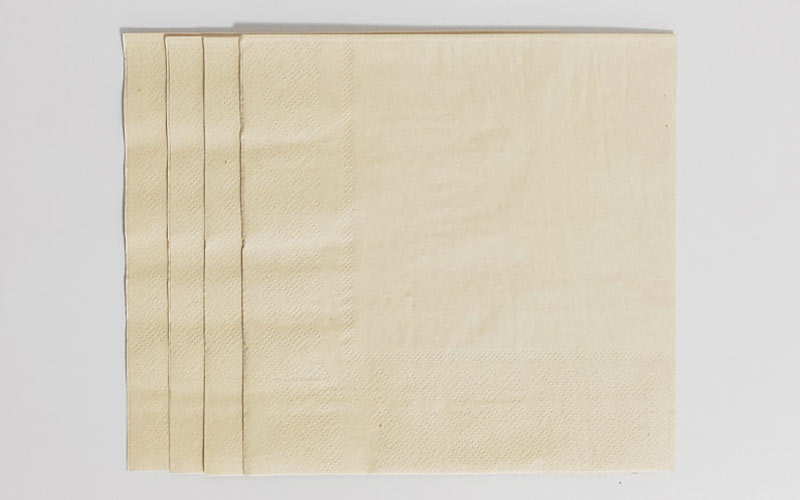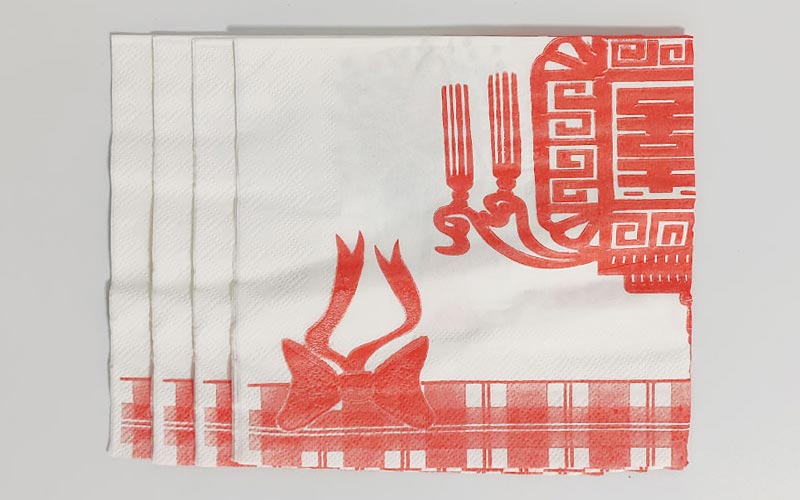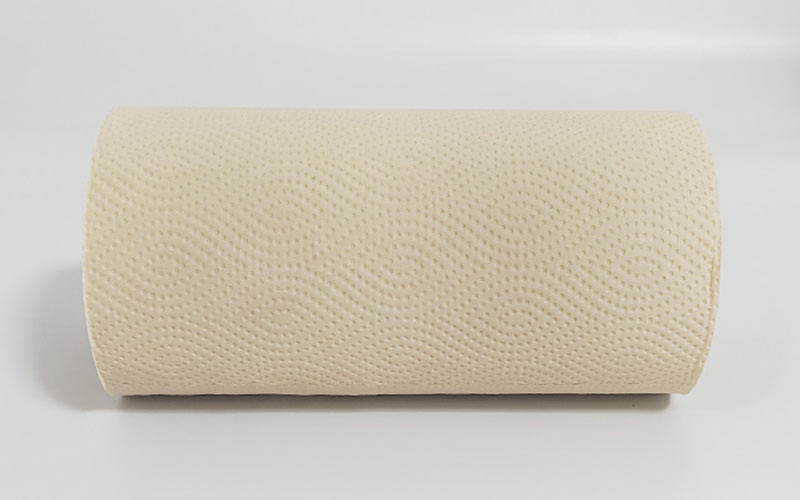In recent years, there has been a growing awareness of the environmental impact of everyday products, leading many consumers to seek more sustainable alternatives. One such item that has come under scrutiny is paper napkin. As people become more conscious of their ecological footprint, biodegradable compostable paper napkins have gained popularity. In this comprehensive guide, we will explore the world of compostable paper napkins, discussing their benefits, types, and how to make informed choices for a greener lifestyle.
What is compostable paper napkins?
Compostable paper napkins are designed to break down naturally over time, minimizing their environmental impact and offering a closed-loop solution. Unlike traditional cloth napkins, which can take years to compost, biodegradable options are made from materials that can be broken down by bacteria and other living organisms. This makes them an eco-friendly choice for those looking to reduce their carbon footprint.
Types of compostable paper napkins?
Several materials can be used in the production of compostable paper napkins. One common option is recycled paper, which minimizes the demand for new raw materials and helps divert waste from landfills. Other alternatives include bamboo, sugarcane, and bagasse, which are renewable resources that grow quickly and require less water and pesticides.
Recycled paper napkins
Crafted from post-consumer recycled paper, these napkins contribute to waste reduction and promote the circular economy.
Bamboo paper napkins
Bamboo is a fast-growing, renewable resource that requires minimal water and no pesticides. Napkins made from bamboo are sturdy and biodegradable and compostable.
Sugarcane and bagasse napkins
Derived from the by-products of sugarcane processing, these paper napkins are not only compostable but also utilize waste from another industry.
Benefits of compostable paper napkins
Reduced Environmental Impact: compostable napkins break down faster than cloth napkins, reducing the burden on landfills and lowering overall environmental impact.
Conservation of Resources: By opting for materials like recycled paper or bamboo, consumers contribute to the conservation of forests and reduce the demand for virgin resources.
Energy Efficiency: The production of compostable paper napkins often requires less energy compared to conventional options, further lowering their environmental footprint.
How long does it take for a paper napkin to decompose?
A paper napkin may take a few months to decompose. This is a very short time. The decomposition process can be influenced by factors such as temperature, moisture, and availability of oxygen.
Are colored paper napkins compostable?
Colored paper napkins are generally not compostable because they often contain synthetic dyes and coatings that can inhibit the composting process.
Can paper napkins be composted?
Yes, paper napkins can be composted. The napkins should be torn into small pieces to facilitate the decomposition process. However, napkins that are heavily saturated with food or contain plastic coatings may not be suitable for composting.
Buy compostable paper napkins bulk
You've found a leading discount paper napkins wholesaler. Softer Paper Co. is your trusted source for buying cheap wholesale paper napkins for your business. We have some terrific deals for you.
Best compostable paper napkins
These bamboo napkins are a better choice for you and the planet. It's made from 100% bamboo, making them the ideal choice for environmentally conscious individuals. It has no harmful chemical substances. No bleaching, pure natural bamboo colour. And our biodegradable napkins are completely compostable. So you can safely dispose of them through composting. Perfect for everyday use, weddings, bridal showers, birthday parties, Thanksgiving gatherings or any large parties.
Compostable paper towels
Are paper towels compostable? All paper towels can be composted except the towels that cleaned up toxic materials messes or viruses. They can compost well and break down quickly. And composting paper towels can create nutrient-rich soil. So please put these paper towels in the compost bin.









